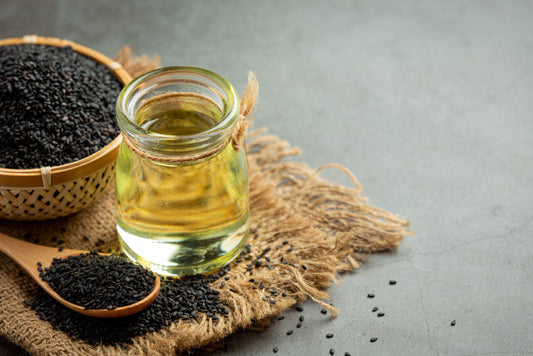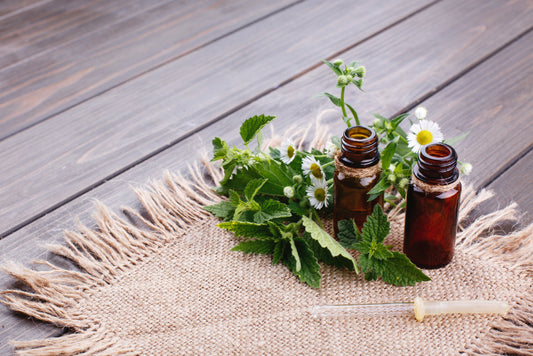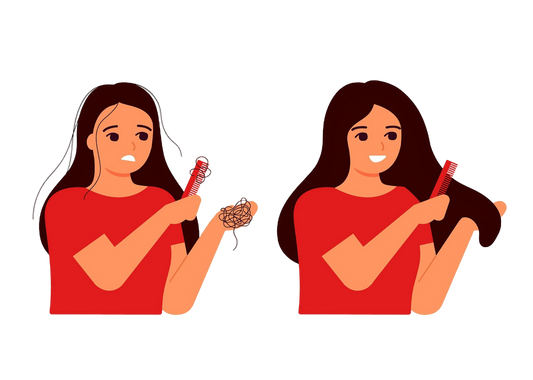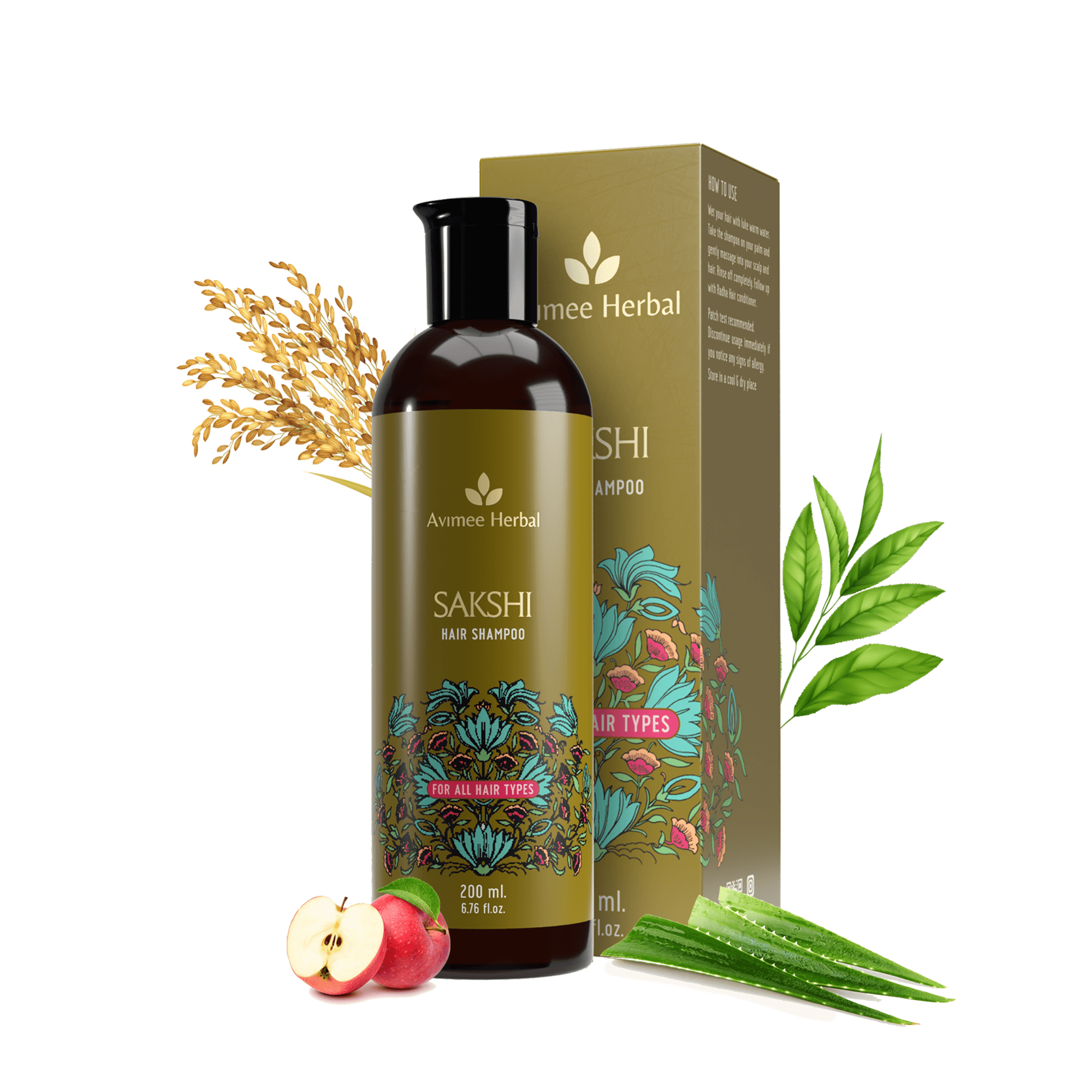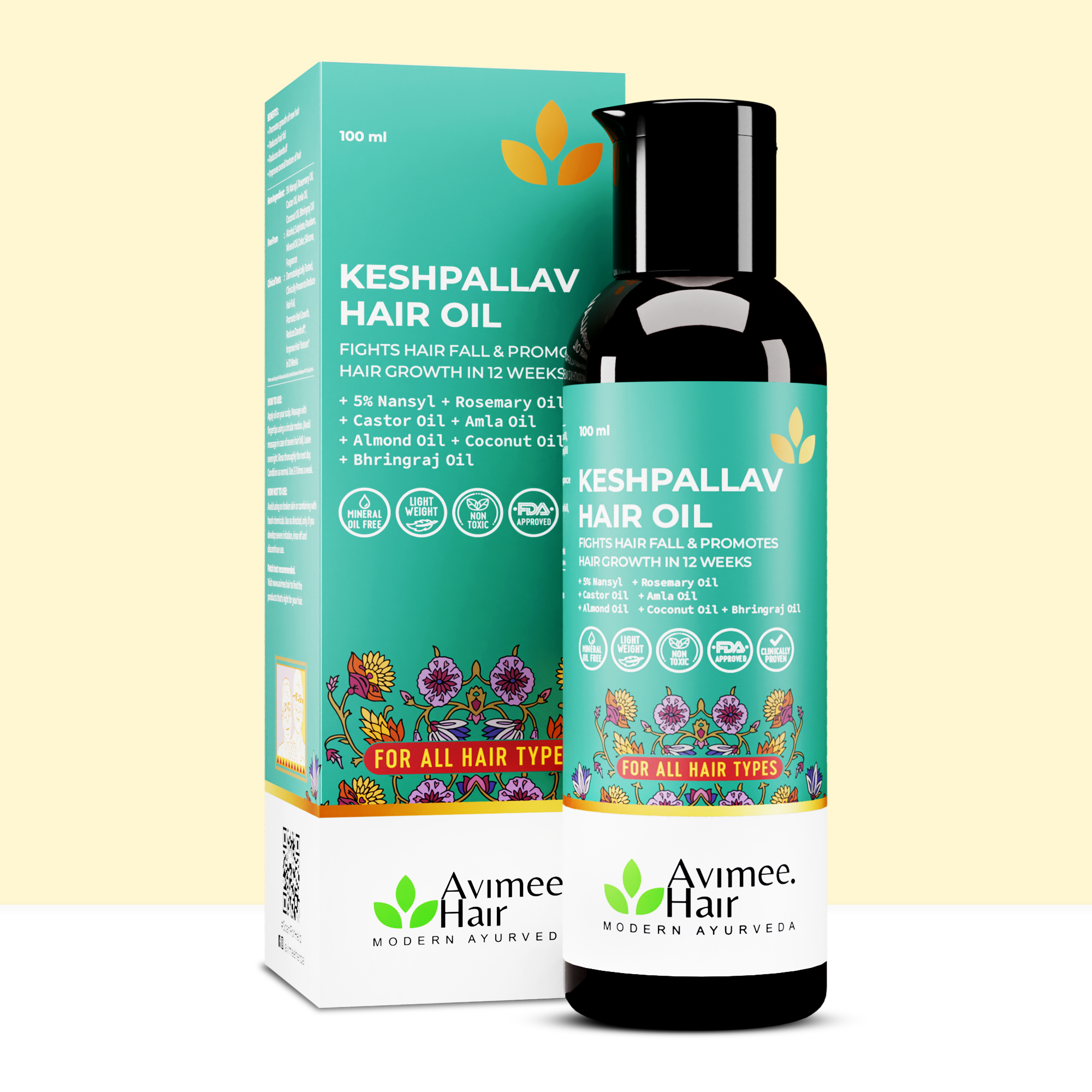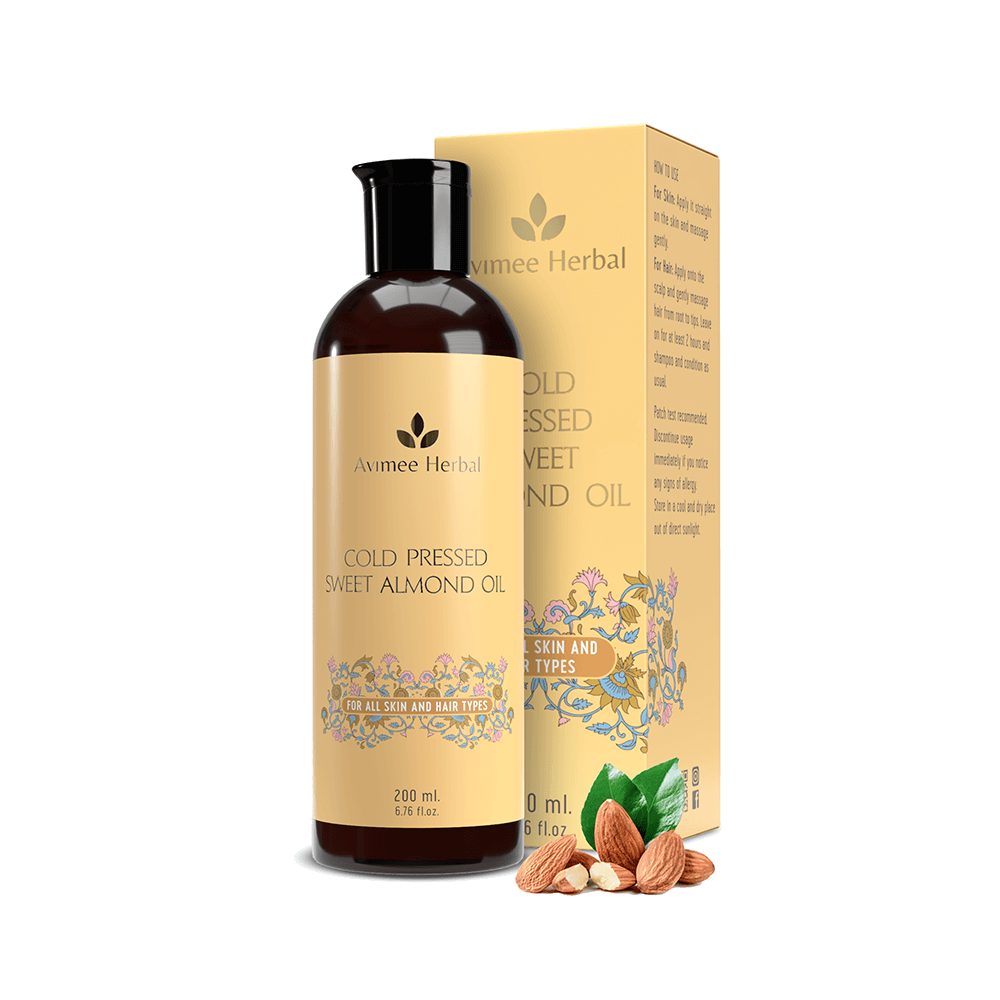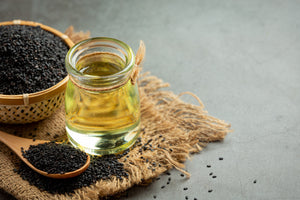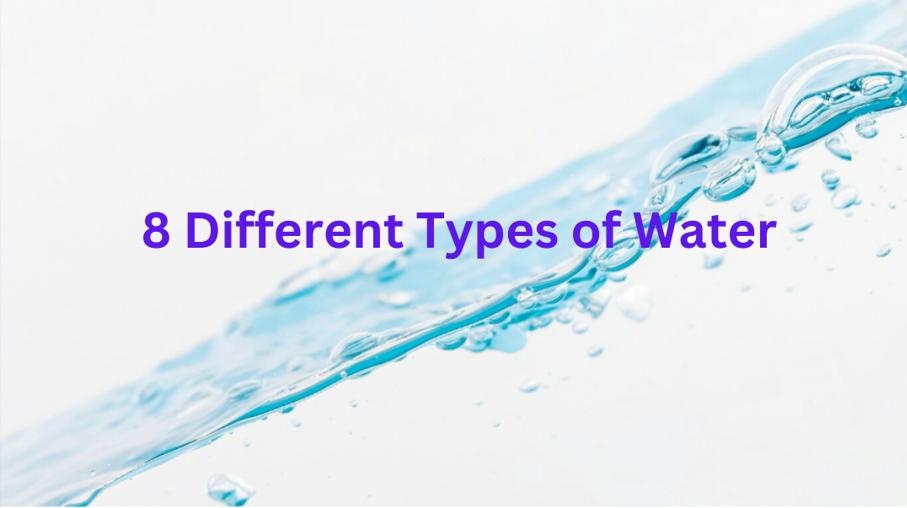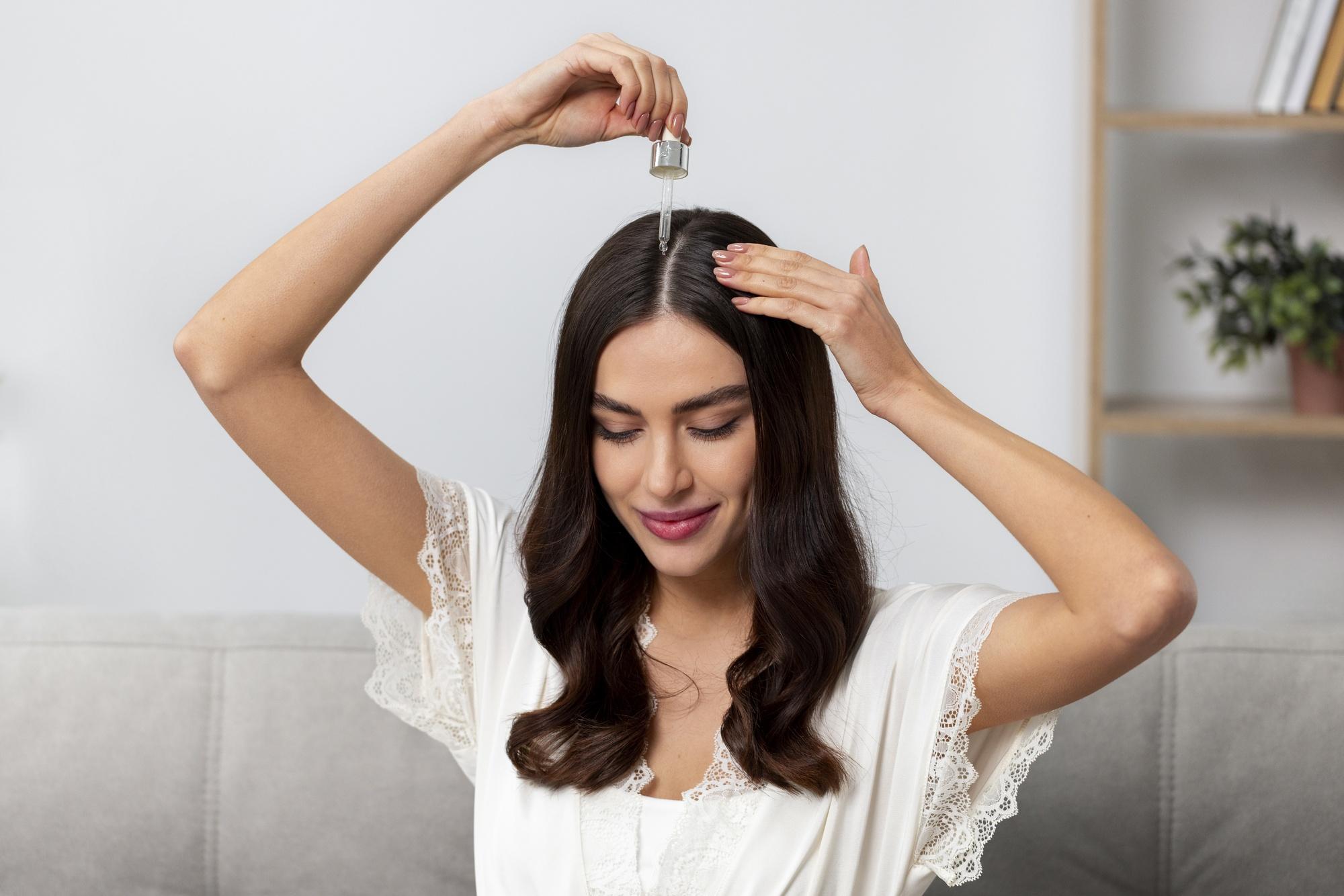Articles

Skin Care
How to Treat Hair Affected by Hard Water
Hard water can be a hidden culprit behind your hair woes. Packed with minerals like calcium and magnesium, it leads to buildup on the scalp, dullness, dryness, and even hair fall. But don’t worry! By understanding how to treat hard water at home for hair, you can restore your locks' health and vitality.
Understanding the Effects of Hard Water on Hair
What Does Hard Water Do to Your Hair?
Hard water deposits minerals on the scalp and hair strands, causing:
- Build-up that blocks follicles
- Brittle, dry, and dull hair
- Increased tangling and breakage
- Hair fall and thinning
The situation worsens with prolonged exposure, making it essential to learn how to treat hard water for hair wash effectively.
How to Treat Hair Fall Due to Hard Water
1. Use a Clarifying Shampoo
Clarifying shampoos help remove mineral buildup from your hair. Use them once a week to keep your scalp clean and free of residue.
2. Apple Cider Vinegar Rinse
Apple cider vinegar is a natural remedy to remove hard water deposits. Mix one part vinegar with two parts water and use it as a post-shampoo rinse.
3. Install a Shower Filter
Shower filters can reduce the mineral content in water, making it softer and gentler on your hair.
4. Deep Conditioning Treatments
Hard water dries out hair, so replenishing moisture is crucial. Opt for deep-conditioning masks or hair oils to restore softness and shine.
How to Treat Hard Water at Home for Hair
1. Avimee Herbal Instant Water Softener
Using a product like the Avimee Herbal Instant Water Softener can make water skin and hair-friendly. This easy-to-use solution neutralizes hard water instantly, preventing mineral buildup and protecting your hair.
2. Boil Water Before Use
Boiling water removes temporary hardness caused by calcium bicarbonate. Use cooled, boiled water for your final rinse during hair wash.
3. Aloe Vera Treatment
Aloe vera gel is excellent for soothing and moisturizing hair affected by hard water. Apply it directly to your scalp and strands, leave it for 20 minutes, then rinse.
How to Treat Hard Water for Hair Wash
1. Pre-Treatment with Oil
Before washing, apply a nourishing oil like coconut oil, almond oil, or argan oil. This creates a barrier that protects your hair from absorbing minerals.
2. Use a Sulfate-Free Shampoo
Sulfate-free shampoos are gentle on the scalp and won’t strip your hair of natural oils. Combine this with a clarifying shampoo occasionally to manage buildup.
3. Opt for Distilled Water Rinse
If hard water is unavoidable, rinse your hair with distilled water as the final step to wash away mineral traces.
Preventing Hair Damage from Hard Water
Hair Care Tips to Minimize Damage
- Brush Gently: Hard water can make hair fragile; always detangle with care.
- Wash Less Often: Overwashing strips your hair’s natural oils, worsening the effects of hard water.
- Use Leave-In Conditioners: These can add a protective layer to hair, reducing mineral adherence.
Why It’s Essential to Treat Hair Affected by Hard Water
Hard water can wreak havoc on your hair health, leading to dryness, dullness, and even hair fall. But by adopting remedies like how to treat hard water at home for hair and using tools like the Avimee Herbal Instant Water Softener, you can protect your hair from further damage.
Final Thoughts
Learning how to treat hard water for hair wash and taking preventive measures can restore your hair's health and shine. From simple DIY solutions like apple cider vinegar to investing in water softeners, a combination of these strategies will help you overcome the challenges posed by hard water. Prioritize your hair care to enjoy soft, shiny, and resilient hair, no matter the water quality!

 Doctor Consultation
Doctor Consultation


